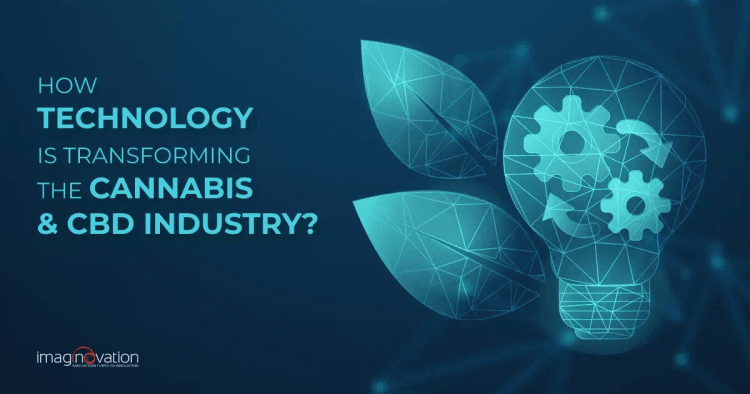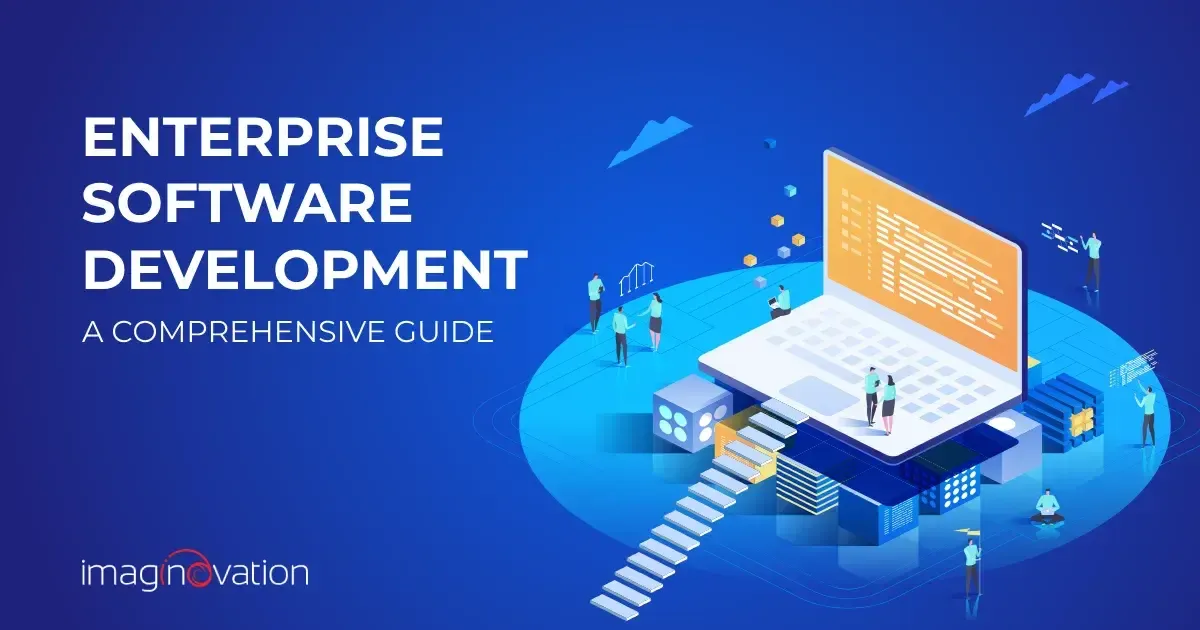To estimate the cost of building a website or an app, use our app cost calculator tool.
Cannabis and CBD have been buzzwords in the health and wellness industry for years. The boom in this sector, combined with new technologies, is creating massive waves in the CBD industry.
CBD-infused edibles have propelled the CBD market into a billion-dollar industry today. Wall Street experts even estimate that the industry could surpass 75 billion dollars within the next decade.
Now, that’s huge! As cannabis continues to respond uniquely, ongoing studies could lead to the development of even more efficient products in the future.
The future looks bright, and the role of technology in the cannabis industry cannot be underestimated. Perhaps now is the perfect time to explore the full potential of the cannabis and CBD industry.
Let's dive in.
State of Cannabis and CBD Industry in the USA
Before diving into insights and statistics, you might be wondering—what exactly is CBD? CBD, or cannabidiol, is primarily derived from hemp, making it a close relative (think of it as a cousin) to marijuana. Both hemp and marijuana belong to the cannabis genus, and CBD has a wide range of uses, from alleviating migraines to treating skin rashes.
The CBD industry is rapidly evolving, but it's important to navigate the complex landscape of cannabis legalization.
While many countries, including parts of the U.S., have legalized cannabis for recreational use, opening up new opportunities for development, the legal cannabis market still has its nuances.
Business leaders should be aware of the challenges posed by continued federal prohibition in the U.S. Despite this, 2021 was a milestone year for the U.S. cannabis industry, marked by the continued legalization of adult-use cannabis at the state level.
Looking ahead, 2022 and beyond hold great promise for the cannabis industry, with expectations of dramatic growth on the horizon.
Here are some exciting insights.
- CBD sales in the U.S. touched about $4.6 billion in 2020, a vast number just two years after hemp-derived cannabinoids got federally legalized. Experts expect the growth to accelerate.
- The global cannabidiol market size was valued at USD 2.8 billion in 2020, and experts expect it to expand at a compound annual growth rate (CAGR) of 21.2% from 2021 to 2028. The healing properties of cannabidiol (CBD) make it more lucrative for demand for both health and wellness purposes, and experts consider it a critical factor driving the market growth.
- Hemp-derived CBD products are legal in all 50 states as long as they contain no more than 0.3% THC.
- The top states for CBD sales in 2019 are New York ($215 million), Florida ($291 million), and California ($730 million).
- According to a study, 64 percent of U.S. adults using cannabidiol mentioned taking it for pain management, and about 49 percent reported taking CBD for anxiety and stress.
- Here’s a snapshot of the top reasons U.S. adults use cannabidiol, including pain management, anxiety and stress, and sleep.
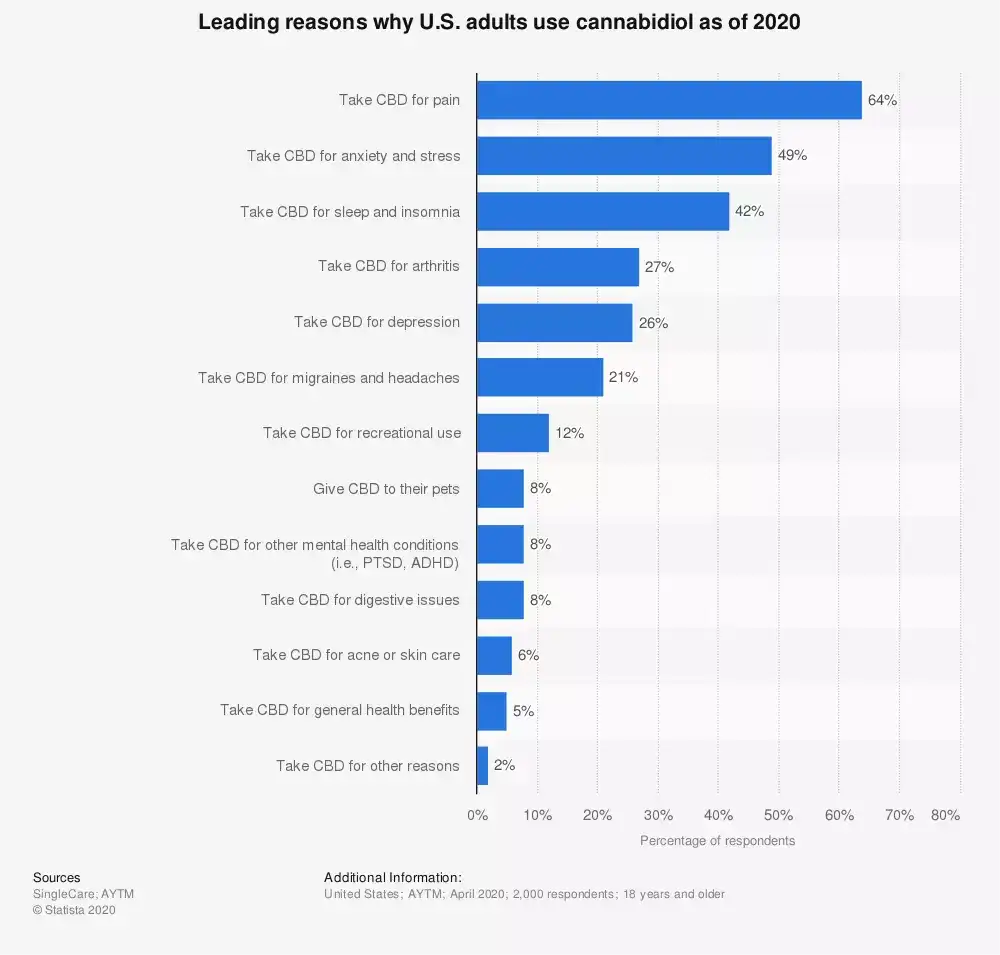
Image 1: Leading reasons why U.S. adults use cannabidiol
How Can Technology Benefit Cannabis and CBD Businesses?
1. Optimizing Light
Marijuana cultivation has advanced substantially with specialized technology. Advanced LED growth lights have been facilitating the world of indoor cannabis cultivation.
Moreover, one can enjoy a reduction in energy consumption, a decrease in the impact on HVAC systems, lower maintenance costs, and more.
With enhanced LED grow light systems, growers can get a better and more controlled quality of lighting system. Plus, cannabis growing facilities can enjoy the plants growing and thriving, with uniform color and light distribution across all parts of the plants.
The long-term technology represents a significant step into sustainability for growers, helping improve yields.
2. Augmented Bioavailability
Many recent developments have been in the CBD space, enhancing CBD bioavailability. Typically, CBD products have a low bioavailability status.
Picture this*—*if someone is consuming CBD, let’s say in some oil form, the body eliminates 80 to 90 percent of the CBD.
With several factors affecting CBD bioavailability, the use of various technologies is playing a critical role. One of the most promising of these technologies is nanoencapsulation.
The technology increases the human body’s ability to absorb the CBD form into the bloodstream. So, nanoencapsulation improves the situation, breaking down the CBD molecules into easily absorbable particles.
3. Personalized Products
Personalized CBD products rooted in science are helping improve customer experiences.
Today, customers have a range of readily available customized products from the CBD industry landscape.
The tailor-made solutions are more effective and help customers find a perfect fit. The availability and personalization are rooted in products, including gummies, oils, edibles, and more.
4. Better Extraction of CBD

When old techniques are weeded, and modern ones get lined up, it always helps to bring out the best.
Now, what does this mean in the CBD space?
The CBD extraction methods used today contribute to the purity of CBD oil, tinctures, and many other products.
A promising extraction technique is supercritical CO2 extraction. The method has helped to improve the extraction of CBD from the plant. It’s quick, safe, and clean. Plus, it is pretty affordable.
It’s no wonder that companies prefer the easy way of extracting CBD oils and wax from cannabis and widely adopting too.
5. DNA Sequencing
The cannabis Sativa plant has myriad benefits. However, the plant strains have a significant amount of tremendous variance, which results in a different balance of THC, CBD, and other elements.
The good news is that modern genomics can help unlock the plant’s potential. And leading cannabis growers are looking to sequence the cannabis Sativa’s DNA to explore how the plant generates the chemicals within.
A Colorado-based company claims to have developed a method to use the CRISPR gene to grow plants with neither THC nor CBD. So, customized plant breeds are often easier to grow.
Researchers are also trying to discover enzymes within the plant that produce even rarer cannabinoids, including CBC, which is thought to have powerful anti-inflammatory effects.
6. App-Based Retail
Buying marijuana has dramatically transformed with legalization. Today, one can purchase from modern dispensaries, which resonate with Apple Stores. Professionals are well aware of the products. Plus, technology is helping streamline the process further.
Several startups have already launched apps, such as Budly and Eaze, that allow customers to order recreational or medicinal marijuana, where the deliveries are right to one’s doorstep.
Yet another good development to look out for is the vertically integrated point=of-sale platform that pools all of the links in the cannabis supply chain, from the initial seed to the final consumer sale.
The system is set to improve the data available to growers and manufacturers, which leads to the more efficient development of new products.
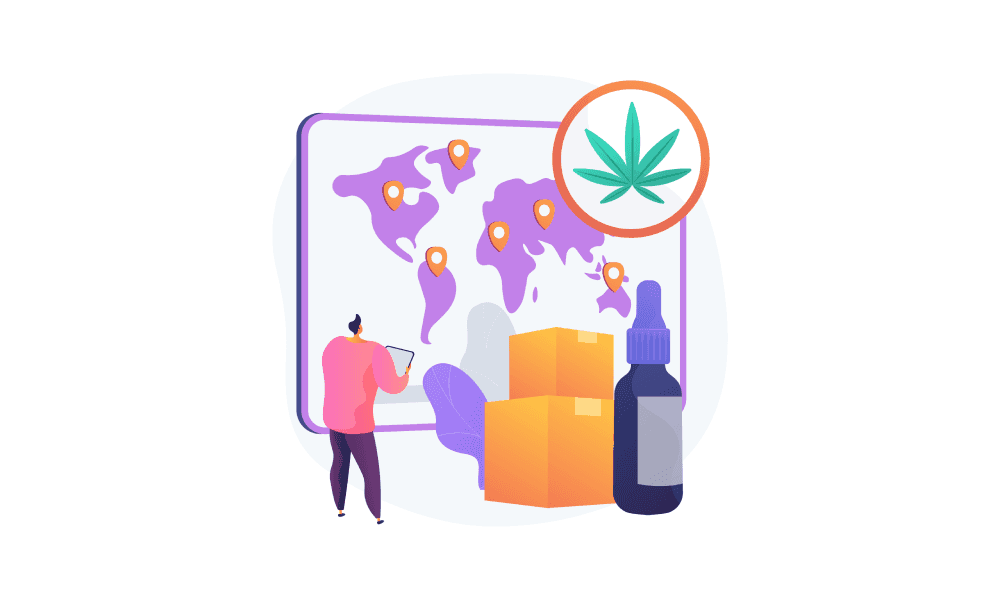
7. Enhanced Data Collection and Market Research
Innovation and research in the CBD industry are attesting to its dramatic growth. Leading companies have already invested in Big Data, helping streamline information. Interestingly, the pooled data is critical to making significant sales and marketing decisions.
Plus, it means that industry players can now invest in targeted branding and marketing efforts, which can help outshine the competition.
The use of AI and Big Data will be critical now more than ever to positive progress in the future.
Also Read: What is Sustainable Technology and How Will It Transform The Industrial World?
Top Emerging Technologies Fueling the Growth of Cannabis Industry
1. Use of the Cloud
Data will always stay critical, be it with growing plants, customer and order management, or compliance with the state.
The excellent part—business leaders can optimize efficiency with computing services and solutions, such as Amazon Web Services, Google Cloud, and Microsoft Azure, offering storage and processing power.
Cloud platforms guarantee the accessibility of information and its retrievability. So, the whole process of the cannabis development cycle is dramatically improved. Plus, the cloud offers the capacity to monetize the data and augment the seed-to-sale lifecycle.
2. Blockchain
Yet another exciting technology that cannabis and medical marijuana companies are turning to is blockchain technology. It offers efficient cryptocurrency payments and transaction tracking, making the processing seamless.
For example, The cannabis startup Paragon recently adopted blockchain technology to cannabis and launched its blockchain-based cryptocurrency, Paragon Coin.
The startup hopes that it will make the system more secure and help with monitoring the growth and shipping of cannabis plants and products (aka seed-to-sale tracking).
Even with an effective system, the challenge is to get these companies to agree on using the exact blockchain solutions and platforms to standardize the industry.
3. Access Control
With many benefits, the challenges that the industry faces are still grave. One of the severe concerns is exposure to crime.
Thousands of dispensaries across the United States have mushroomed, logically placing the cannabis business in a dangerous position in terms of liability and safety.
Many businesses turn to advanced security technologies to protect themselves against theft and other criminal activity.
For example, many use cloud-based access control to secure their valuable storage. Moreover, modern access control systems help with more flexible and safe keyless entry solutions integrated with different software, like alarms and security cameras.
The secure systems help to keep unauthorized staff or customers out of bounds and keep the products secure at all times.
Maintaining a secure and safe environment for employees and decreasing liability for the company is becoming increasingly crucial, and technology is playing a critical role in the growing industry.
4. Artificial Intelligence and Machine Learning
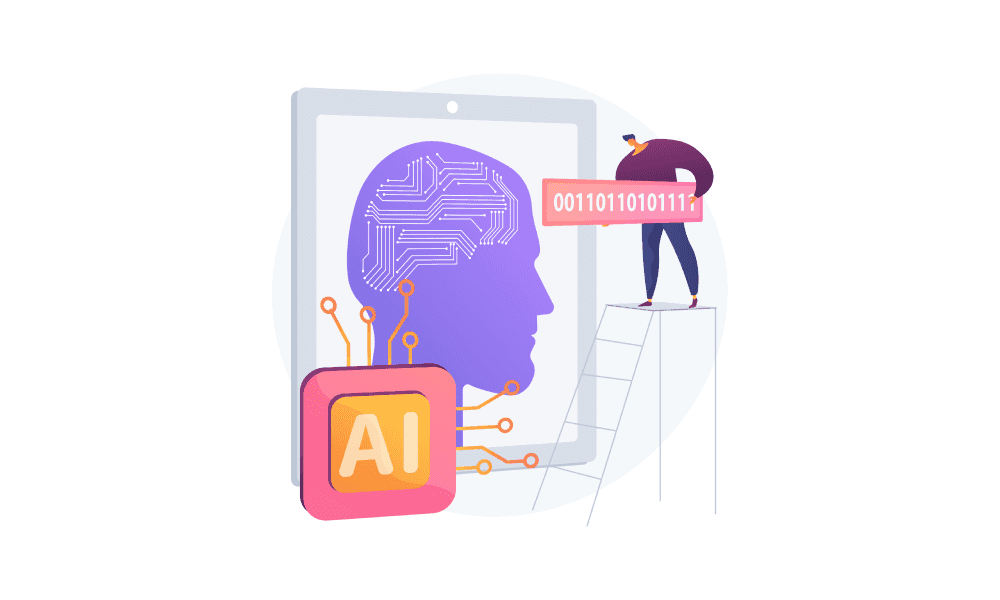
AI and ML have been helping cannabis companies with streamlining data for better customer outreach. Plus, the data is helping to draw out patterns, which is a good base for strategic marketing.
AI helps understand the different strains, facilitating chalking out what’s best for an individual customer. The technologies can also help growers with automation, which has multiple benefits such as increasing the consistency in production and reducing costs.
5. IoT Automation
The growing environment for cannabis farms can be significantly improved with technology. For example, the Internet of Things (IoT) technologies, such as agricultural sensors, are helping growers to connect their growing operations and manipulate the environment to suit cannabis growing.
The temperamental nature of cannabis plants requires attention and rigid schedules. And with connected growing systems, which can add thermostats, humidity sensors and controls, temperature controls, and more, they can ensure the optimal conditions of the plants.
A good example is medical marijuana operator, True Harvest, who collaborated with SensorInsight, a company specializing in sensor-based solutions to offer a complete system that collects and monitors data on various critical factors to the cannabis growth cycle.
Furthermore, growers can travel their produce from seed to sale using tracking IDs to identify plants from the germination process until they are harvested and sold with effective IoT solutions.
6. Digital Signage
Digital signage can help CBD and marijuana dispensaries grow in leaps and bounds, backed by innovative solutions.
The trend is assisting companies in crafting immersive environments, and boosting customer experience and brand image.
At first, digital signage can help create a more straightforward payment process. Plus, the technology can play informational videos, create interactive kiosks, and instructions about how best to use the product.
Imaginovation's Notable Work in Cannabis Industry
Imaginovation has been at the forefront of developing innovative digital solutions for the cannabis industry. Our work with leading brands showcases our commitment to enhancing the digital presence of businesses in this rapidly growing sector.
1. Holistic Industries
We have been working with Holistic Industries, the largest and fastest-growing private Cannabis MSO (Multi-State Operator) medical and consumer goods company in the U.S.
2. Strane
Strane is a part of Holistic Industries, a "Greenhouse of Brands" that also includes other well-known names in cannabis. Imaginovation provided custom website development services to enhance their digital presence.
3. Garcia Handpicked
Garcia Handpicked is another brand under Holistic Industries. They offer a collection of cannabis flowers, pre-rolls, edibles, and accessories. Imaginovation contributed to their digital strategy, helping them connect with their audience more effectively.
Wrapping Up
The cannabis industry is at a pivotal point, where innovation and technological advancements are driving growth. Now is the time for growers and businesses to leverage cutting-edge technologies to create immersive environments and enhance customer experiences in the CBD and cannabis landscape.
By keeping up with the top trends and adopting modern technologies, you can stay ahead of the competition and make a lasting impact.
Build Powerful App for Your Cannabis Business with Imaginovation
With the cannabis industry booming, building a robust mobile or web app is essential to staying on top. If you’re ready to develop a comprehensive app for your business, talk to us.
We are Raleigh's award-winning web and mobile app development company with extensive experience in crafting sustainable and awe-inspiring digital solutions.
Let’s talk.





